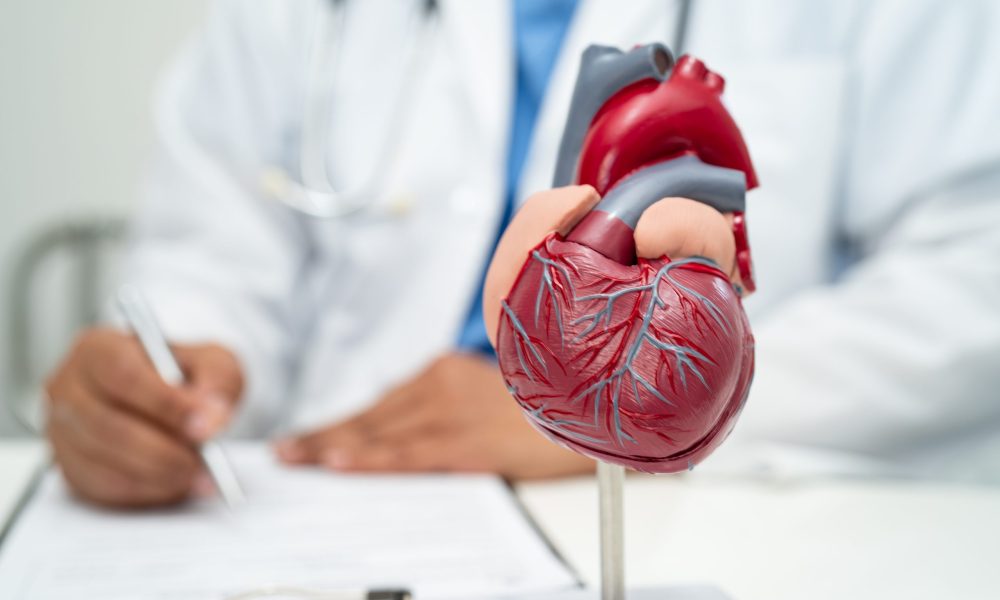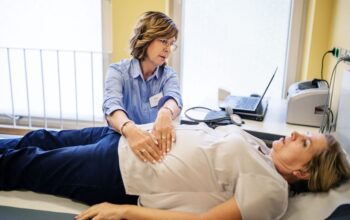When it comes to health, athletes often seem like the epitome of wellness. With strong muscles, low body fat, and a commitment to regular physical activity, it’s easy to assume that heart problems are off the table. However, being physically fit does not always mean being free from cardiovascular risk. In fact, certain heart conditions can remain hidden even in the healthiest bodies. This is where regular heart checkups—and visits to a cardiologist—become crucial for athletes.
Fitness Doesn’t Equal Immunity
Many people believe that a strong cardiovascular system is guaranteed by exercise alone. While it’s true that regular activity significantly reduces the risk of heart disease, some inherited or structural heart issues don’t show obvious symptoms. Conditions like hypertrophic cardiomyopathy, arrhythmias, and coronary artery anomalies may go undetected without a comprehensive cardiac evaluation. These issues can lead to sudden cardiac events, especially during intense physical exertion.
Athletes, especially those participating in endurance sports, also tend to push their bodies beyond average limits. This consistent strain can sometimes lead to physiological changes in the heart that warrant medical attention. A cardiologist can differentiate between healthy adaptations and potentially harmful conditions.
The Role of a Cardiologist in Athletic Health
Cardiologists don’t just treat disease—they help prevent it. For athletes, seeing a cardiologist isn’t a sign of weakness but a smart move toward ensuring long-term health and peak performance. A thorough cardiac screening can help detect silent conditions and guide athletes in adjusting their training regimens appropriately.
Standard heart screenings may include blood pressure monitoring, cholesterol testing, electrocardiograms (EKGs), echocardiograms, and in some cases, stress tests, for athletes over the age of 40 or those with risk factors such as a family history of heart disease, advanced diagnostics like the calcium heart score test may also be recommended.
What Is a Calcium Heart Score?
The calcium heart score is a non-invasive CT scan that checks how much calcium is in the walls of the coronary arteries. It is also called a coronary artery calcium (CAC) score. Calcium buildup is a marker of atherosclerosis, which can increase the risk of heart attacks even in people without symptoms.
For athletes, particularly those over 35 or with high cholesterol, the calcium heart score offers valuable insight into heart health that other tests may miss. A zero score suggests a low risk of coronary artery disease, while higher scores indicate a need for further evaluation and potential lifestyle or medical interventions.
Addressing the Risks of Overtraining
While consistent training is beneficial, overtraining can introduce cardiovascular stress. High-volume endurance training over long periods has been linked to specific changes in the heart’s structure, such as atrial enlargement or increased fibrosis in the heart muscle. While not always harmful, these changes should be monitored by a professional.
Regular cardiologist visits can help identify when athletic training begins to cross into territory that may risk long-term heart health. In some cases, slight adjustments in training load, rest periods, or nutrition can have a significant impact on heart safety.
A Proactive Approach to Heart Health
Whether you’re a casual runner, a seasoned triathlete, or a competitive weightlifter, making cardiologist visits a part of your routine can provide peace of mind. Rather than waiting for symptoms to arise, proactive screenings—including tests like the calcium heart score—can detect early warning signs and guide preventive care.
In short, being fit doesn’t give you a free pass on heart health. Athletic bodies still need professional oversight, especially when pushing physical limits. Cardiologists serve as important allies in not only identifying potential risks but also in optimizing performance by ensuring your heart is functioning at its best. It’s not about fear—it’s about being informed and empowered.




